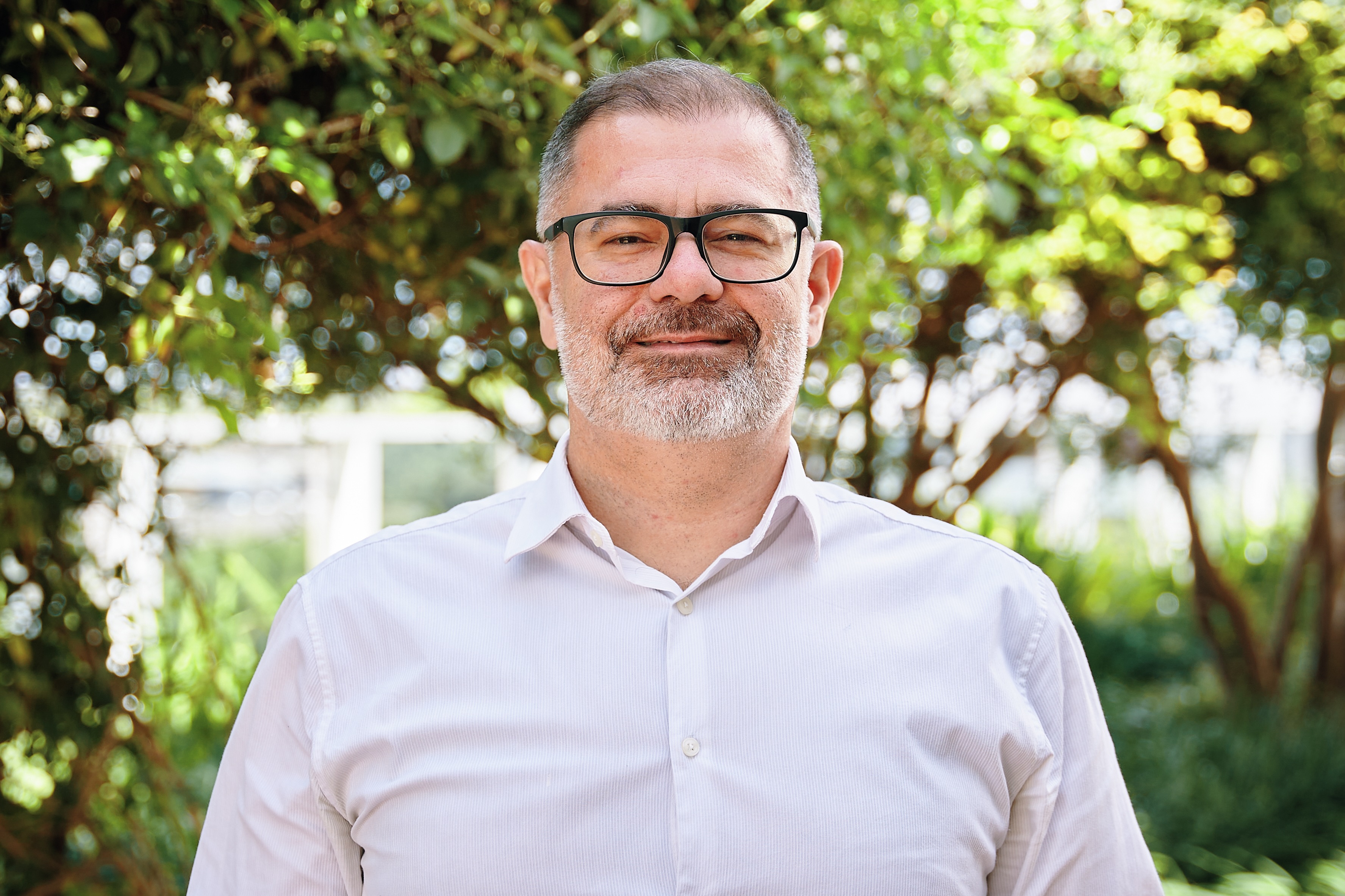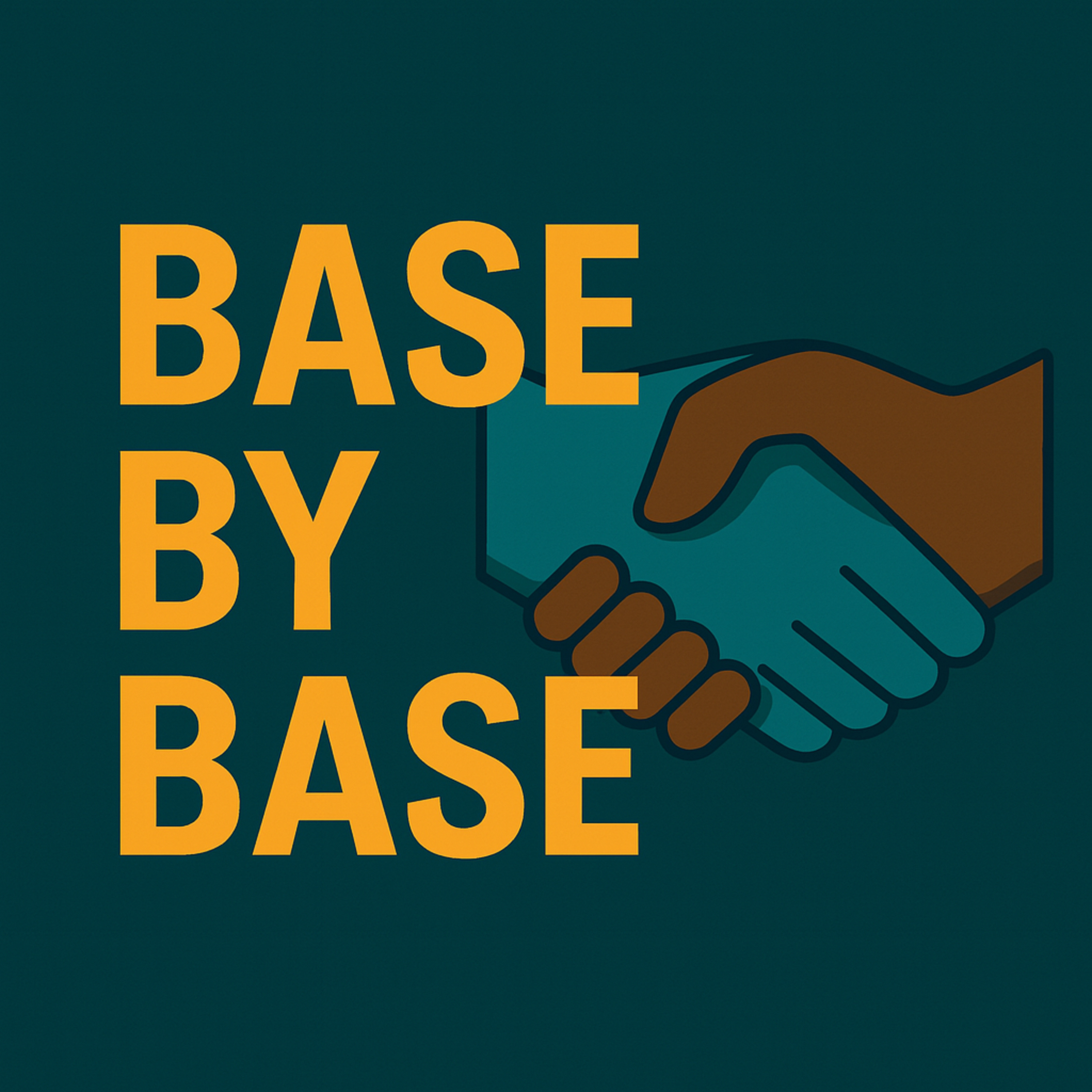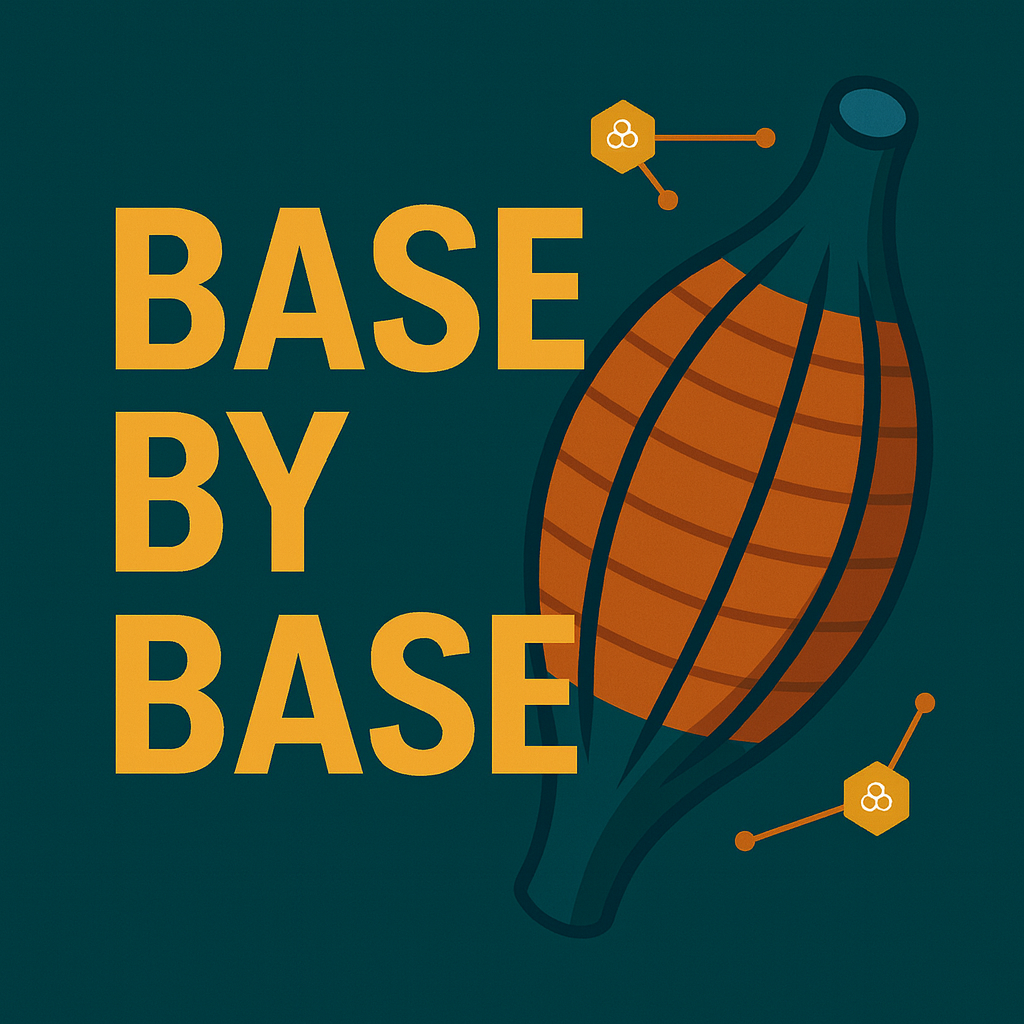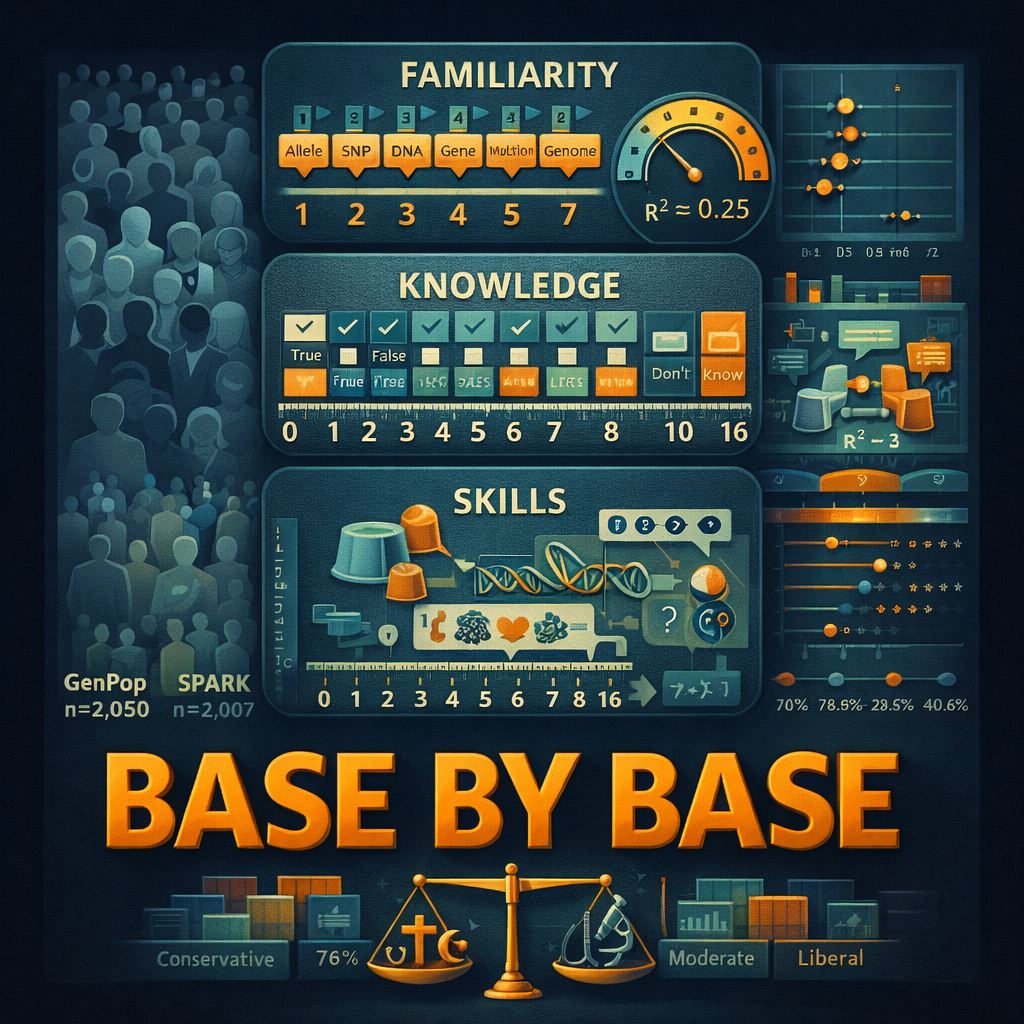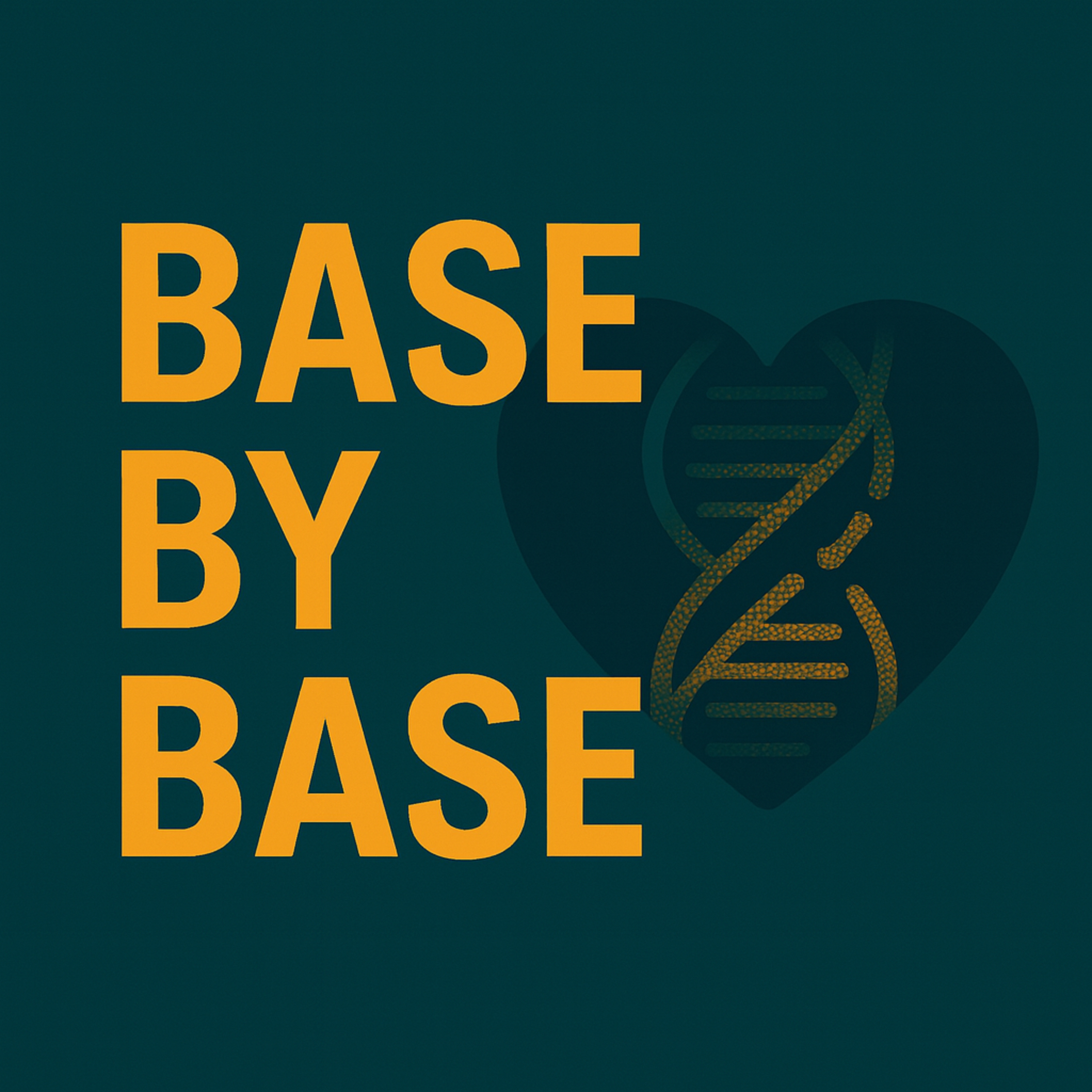Show Notes
️ Episode 59: Building Trust — Redefining Participant and Community Engagement in Cancer Genomics
In this episode of Base by Base, we dive into a landmark article by Crossnohere et al. (2025), soon to appear in Genetics in Medicine, which examines strategies used across the PE-CGS Network to foster meaningful participant and community engagement in cancer genomic sequencing studies. This collaborative effort provides a framework for optimizing engagement processes, particularly in underserved populations, and introduces the novel concept of engagement optimization as a scientific pursuit in itself.
Study Highlights:
This comprehensive research evaluates how five centers within the PE-CGS Network implemented participant- and community-level engagement strategies across all stages of genomic research, from recruitment to return of results. The authors define engagement as sustained, bi-directional collaboration between researchers and participants, aiming to enhance the relevance, trust, and impact of research.
Rather than treating engagement as a one-time step, the network institutionalized it as a continuous process involving advisory boards, community events, culturally tailored materials, and digital platforms. Critically, the study also formalizes engagement optimization—the use of scientific methods such as randomized trials, rapid-cycle research, and behavioral assessments to iteratively improve the way engagement is conducted.
The research centers tailored their approaches to local needs: JUNIPER, for instance, developed tribal-approved consent materials incorporating Indigenous art and symbolism; Count Me In leveraged social media to reach adolescents with rare cancers; and OPTIMUM redesigned its communication strategies based on participant feedback. Return of results was carefully personalized, often including access to genetic counselors and reports written at an accessible literacy level.
The article proposes harmonized definitions and a conceptual model that distinguishes between participant and community engagement, while emphasizing the importance of both. Preliminary outcomes suggest that these strategies are already increasing participation from historically excluded populations and enhancing data quality and study retention.
Conclusion:
This work positions engagement not as an ancillary task but as a central pillar of cancer genomics. By elevating engagement to a measurable, optimizable scientific process, the PE-CGS Network sets a precedent for future research initiatives. Their findings serve as a blueprint for integrating equity, transparency, and cultural sensitivity into genomic studies, ultimately paving the way for more inclusive and impactful precision medicine.
Reference:
Crossnohere, N.L., Schuster, A.L.R., Blair, C.K., Bland, H., Carpten, J.D., Claus, E.B., et al. (2025). Optimizing participant and community engagement in cancer genomic sequencing research. Genetics in Medicine. https://doi.org/10.1016/j.gim.2025.101483
License:
This episode is based on an open-access article published under the Creative Commons Attribution 4.0 International (CC BY 4.0) license – https://creativecommons.org/licenses/by/4.0
